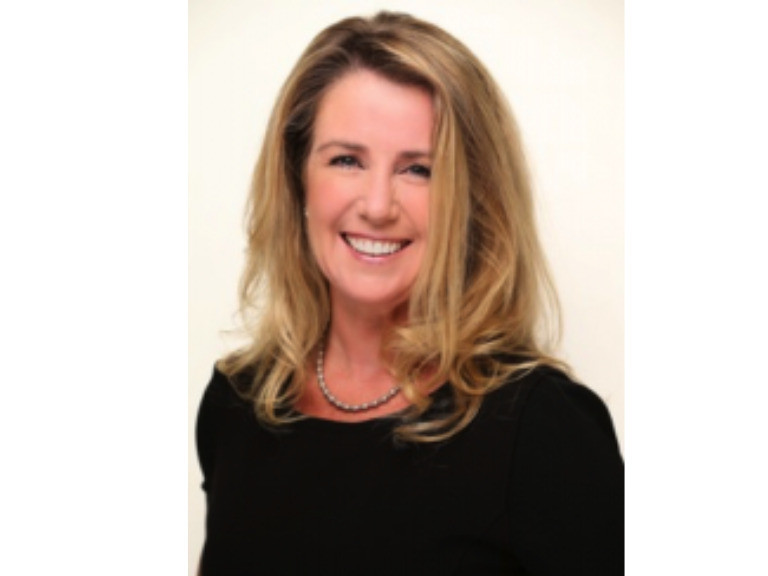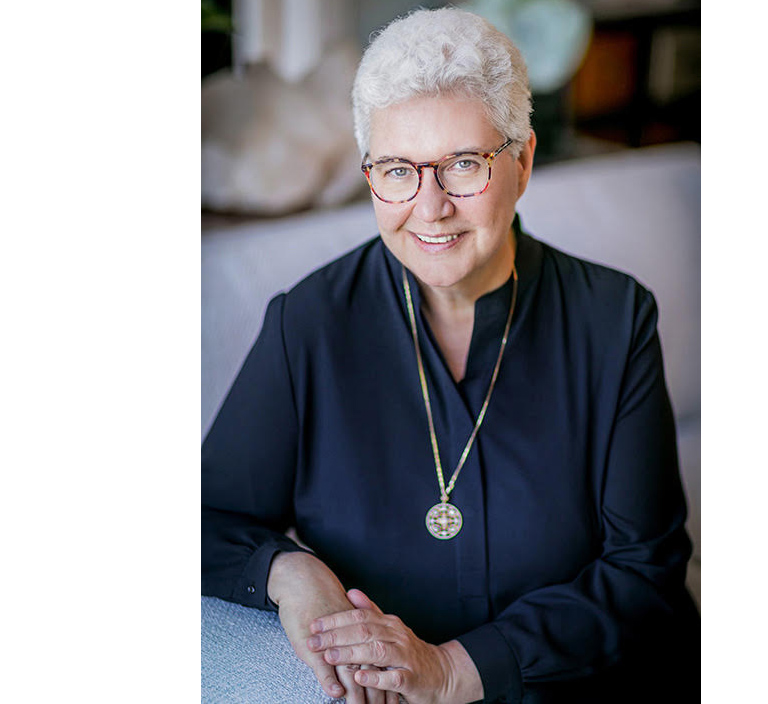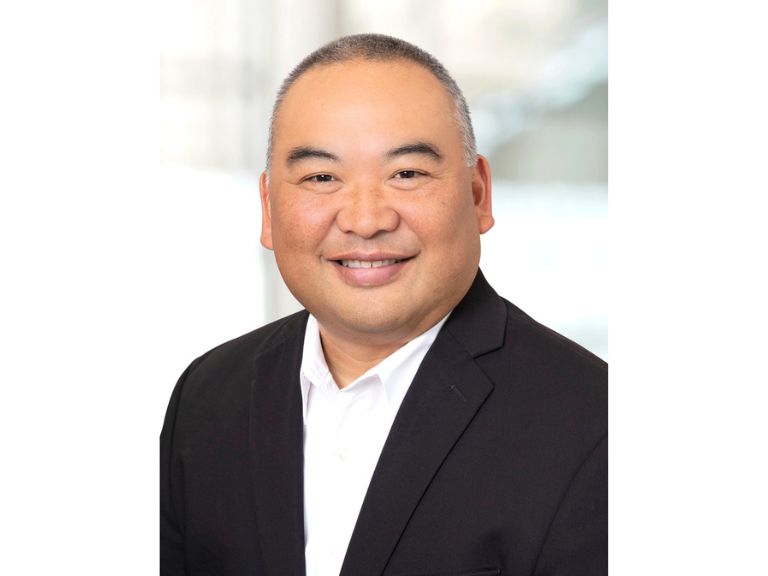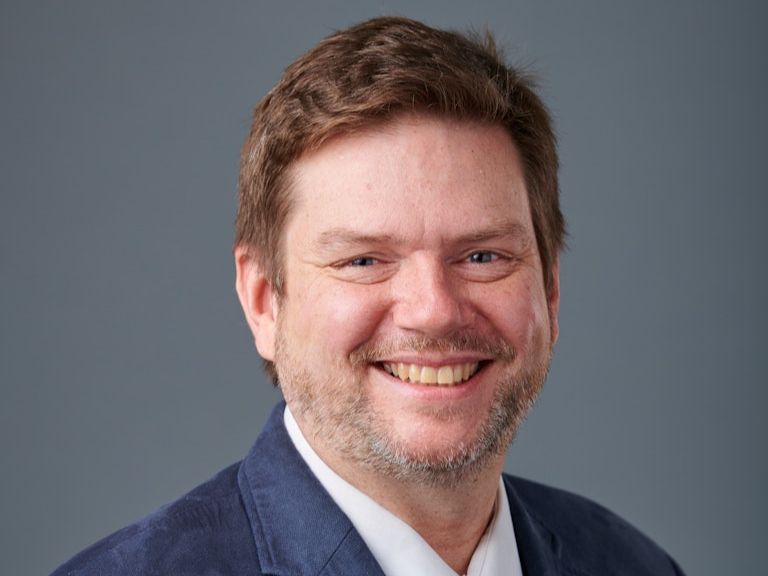Attending in Person
Doors to the Raymond W. Kelly ’63 Student Commons, Room 5B, will open to the public at 5:30 p.m. The panel discussion will begin at 6 p.m.
Attending Virtually
The University invites those who are unable to attend this event in person to join us virtually for a livestream of the The Impact of Artificial Intelligence on Work and Education panel discussion. BronxNet will also carry our event live at 6pm on March 23 for those who receive service. The channel will be 70 on Optimum and 2136 on Fios. They will also livestream it simultaneously on their website and mobile app.
Artificial Intelligence Integration
Manhattan University has long offered courses and programs to prepare professionals in Artificial Intelligence (AI). Recent developments, particularly public access to ChatGPT and other AI engines, has resulted in much broader application of AI across campus and the world, as we all grapple with the implications and potential of AI in work, education and our lives.
Beginning in Fall 2023, all courses at Manhattan will be AI Aware, meaning all assignments and work have been carefully vetted to make sure they can't easily be completed solely by an AI engine, but involve student work and learning.
More importantly, a growing number of courses across the University will be designated AI Integrated, meaning students will be employing AI engines as part of their work and assignments and build on what AI has generated to create the finished product. In doing so, we believe students will be preparing to use AI productively and responsibly in their work and lives.
We believe that AI engines are not an impediment to learning, but a powerful new tool that will change our work and lives, and must, therefore change education.



